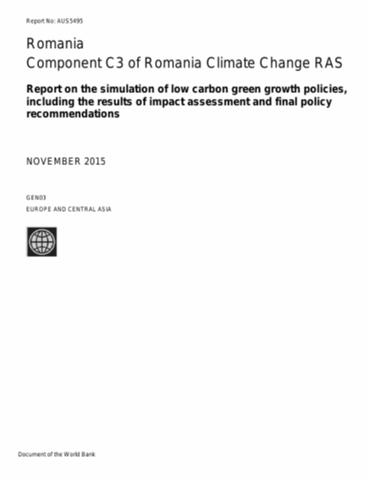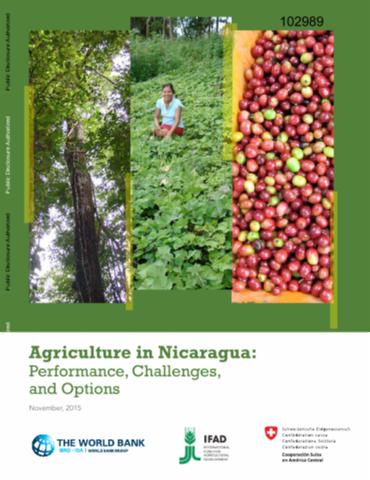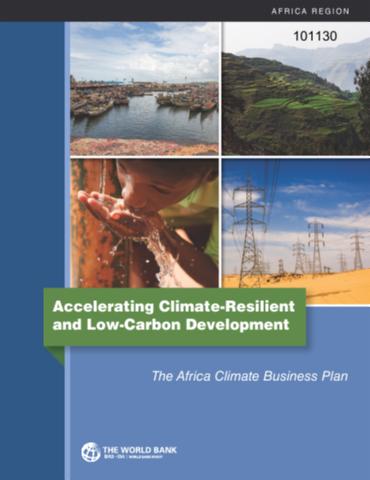Report on the Simulation of Low Carbon Green Growth Policies, including the Results of Impact Assessment and Final Policy Recommendations
This assessment presents a synthesis of analysis to contribute to the definition of a lower carbon and greener growth path for Romania to 2050. The objective of Romania’s green growth path is to implement mitigation actions and undertake needed adaptation while preserving growth and employment. Romania has maintained a steady growth in output while containing the growth of its greenhouse gas (GHG) emissions. From now to 2050, real incomes in Romania are expected to continue to grow, and its carbon emissions are expected to continue declining.





